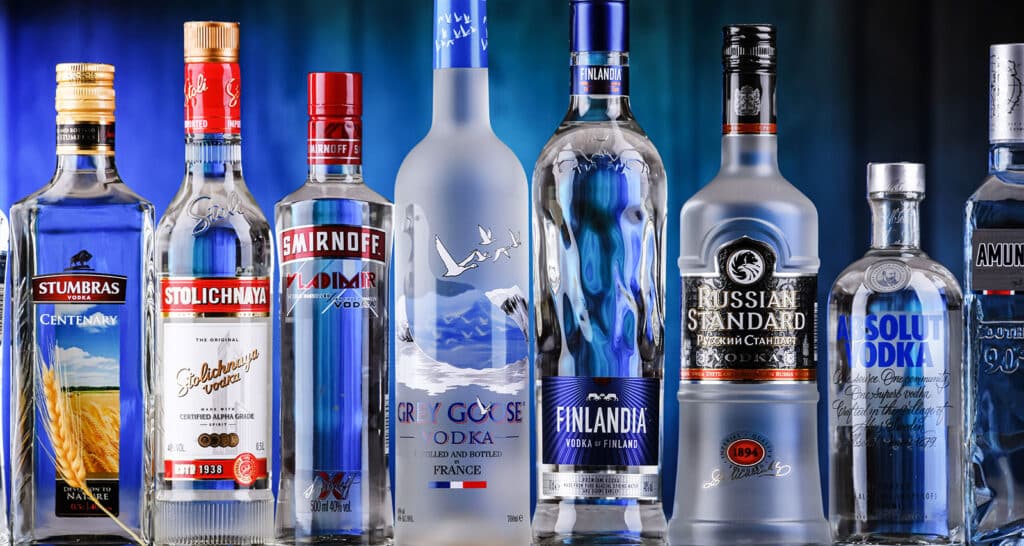Vodka, a widely consumed spirit known for its clear appearance and versatility in mixology, prompts a common question regarding its longevity: does vodka go bad? Given its high alcohol content, typically around 40% to 50%, vodka boasts an impressive shelf life. Unlike perishable goods, its deterioration is not common and the spirit does not “spoil” in the traditional sense. However, improper storage conditions such as exposure to heat or sunlight can affect its quality over time.

Proper preservation of vodka is key to maintaining its intended flavor and purity. Storing it in a cool, dark place like a pantry or cellar is advisable to prevent the undue influence of external factors. While an unopened bottle of vodka can last indefinitely, once opened, the process of oxidation begins, albeit slowly. While this gradual change is not a safety concern, it can eventually lead to alterations in taste and aroma, which may diminish the overall drinking experience.
Table of Contents
Key Takeaways
- Vodka, with its high alcohol content, has a lengthy shelf life and rarely spoils.
- Storing vodka away from light and heat is crucial for preserving its quality.
- Quality may deteriorate over time due to oxidation, particularly after opening.
Understanding Vodka Shelf Life
Vodka is known for its long shelf life, but certain factors and storage conditions can impact its durability.
Factors Affecting Vodka Durability
Several key elements influence the shelf life of vodka:
- Exposure to Light and Heat: Vodka should be kept away from direct sunlight and heat sources, as these can alter its flavor and quality over time.
- Bottle Sealing: After opening, a tight seal is essential to limit air exposure, which can lead to oxidation and flavor degradation.
Storage Recommendations
For optimal preservation of vodka:
- Consistent Temperature: Store vodka in a cool, consistent environment to maintain flavor and quality.
- Upright Position: Keep bottles standing upright to minimize oxidation.
- Away from Contaminants: Ensure that the storage area is free from strong odors or chemicals that could be absorbed by the vodka.
Identifying Spoiled Vodka
Vodka is known for its long shelf life, but it can undergo changes that may indicate spoilage. Understanding these changes is crucial for safe consumption.
Physical Changes to Look For
- Color: Vodka is typically clear. Any discoloration could suggest contamination.
- Clarity: Look for cloudiness or floating particles, as vodka should be transparent.
- Odor: A change from its characteristic neutral smell to an off-putting odor is a warning sign.
Safety and Consumption Guidelines
- Skin Irritation: If applying vodka topically causes irritation, it should not be consumed.
- Taste: Spoiled vodka may have an altered taste, though this alone is not a definitive indicator of spoilage.
- Storage: Improperly stored vodka, such as that exposed to heat or sunlight, may be at risk of spoilage.
Always prioritize safety when considering whether to consume questionable vodka.
Frequently Asked Questions
Storing vodka properly is vital for maintaining its quality and taste. This section addresses common queries on the storage and shelf life of vodka.
How long can you store vodka after it has been opened?
Is vodka still good if it’s been stored in the fridge?
Can vodka spoil if left out of refrigeration?
What is the shelf life of unopened vodka?
How can you tell if vodka has gone bad?
Are there different storage recommendations for flavored vodka?
